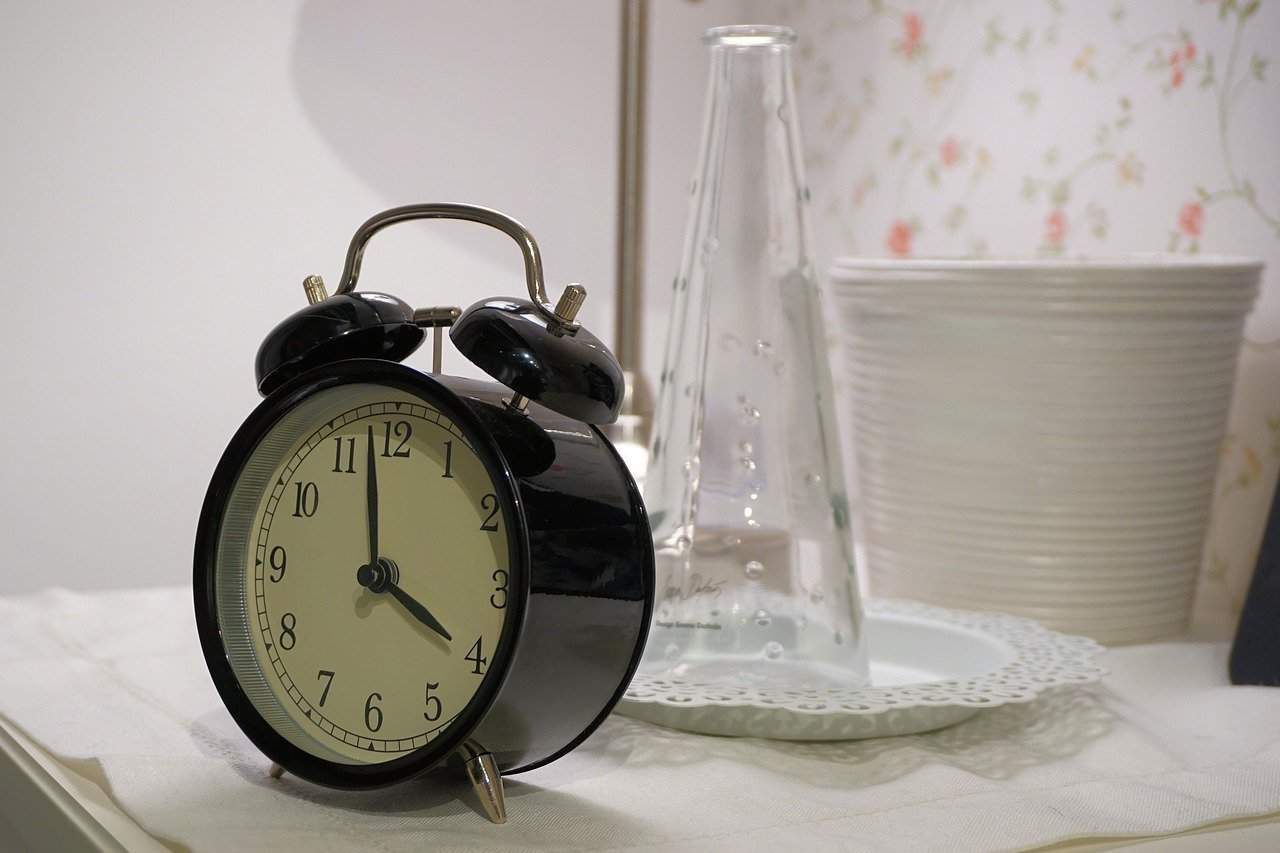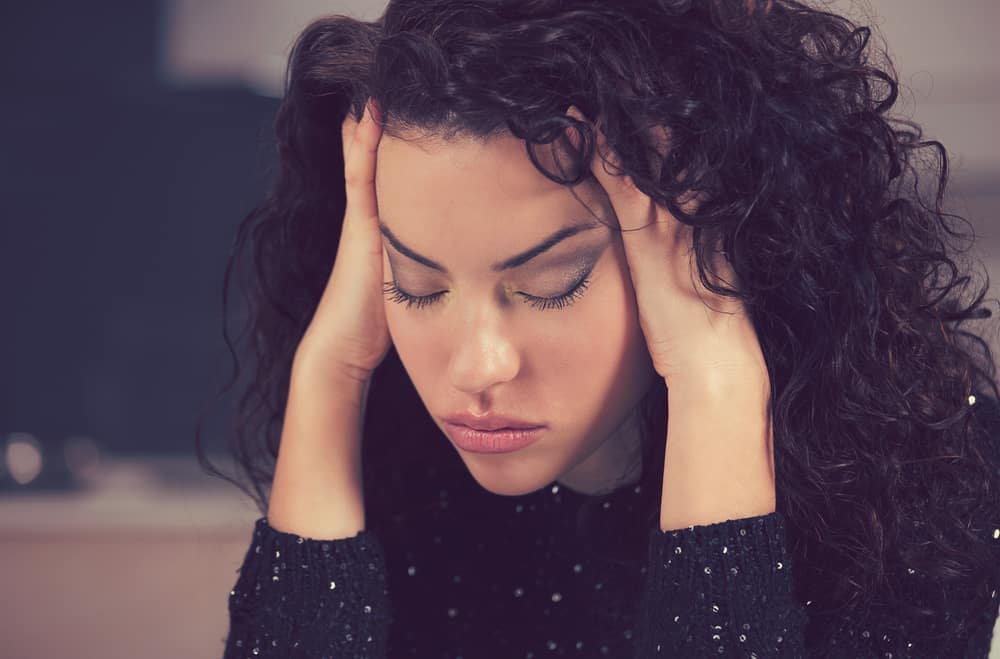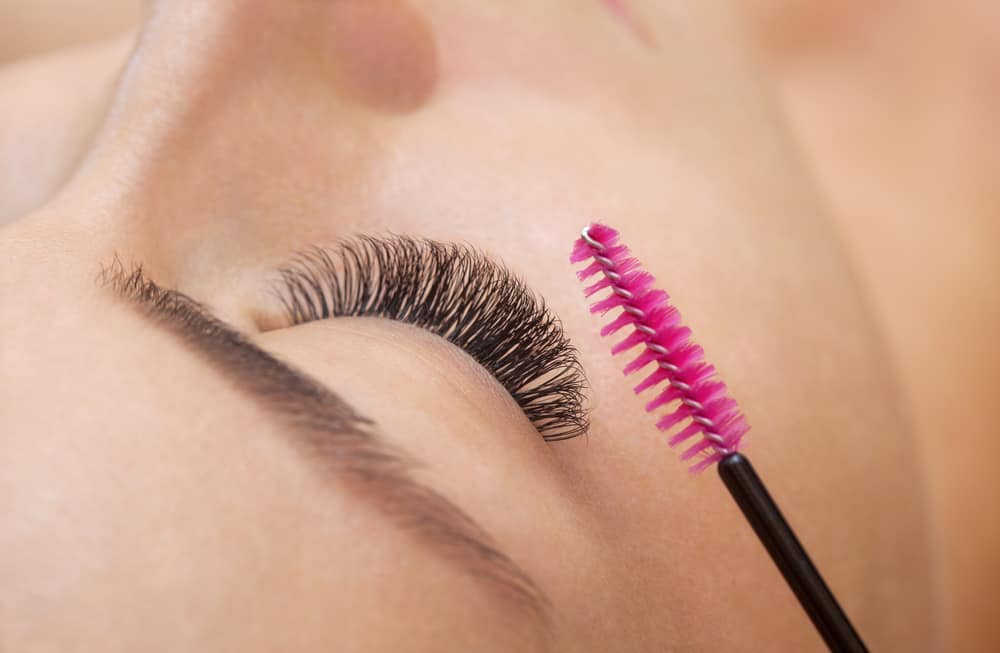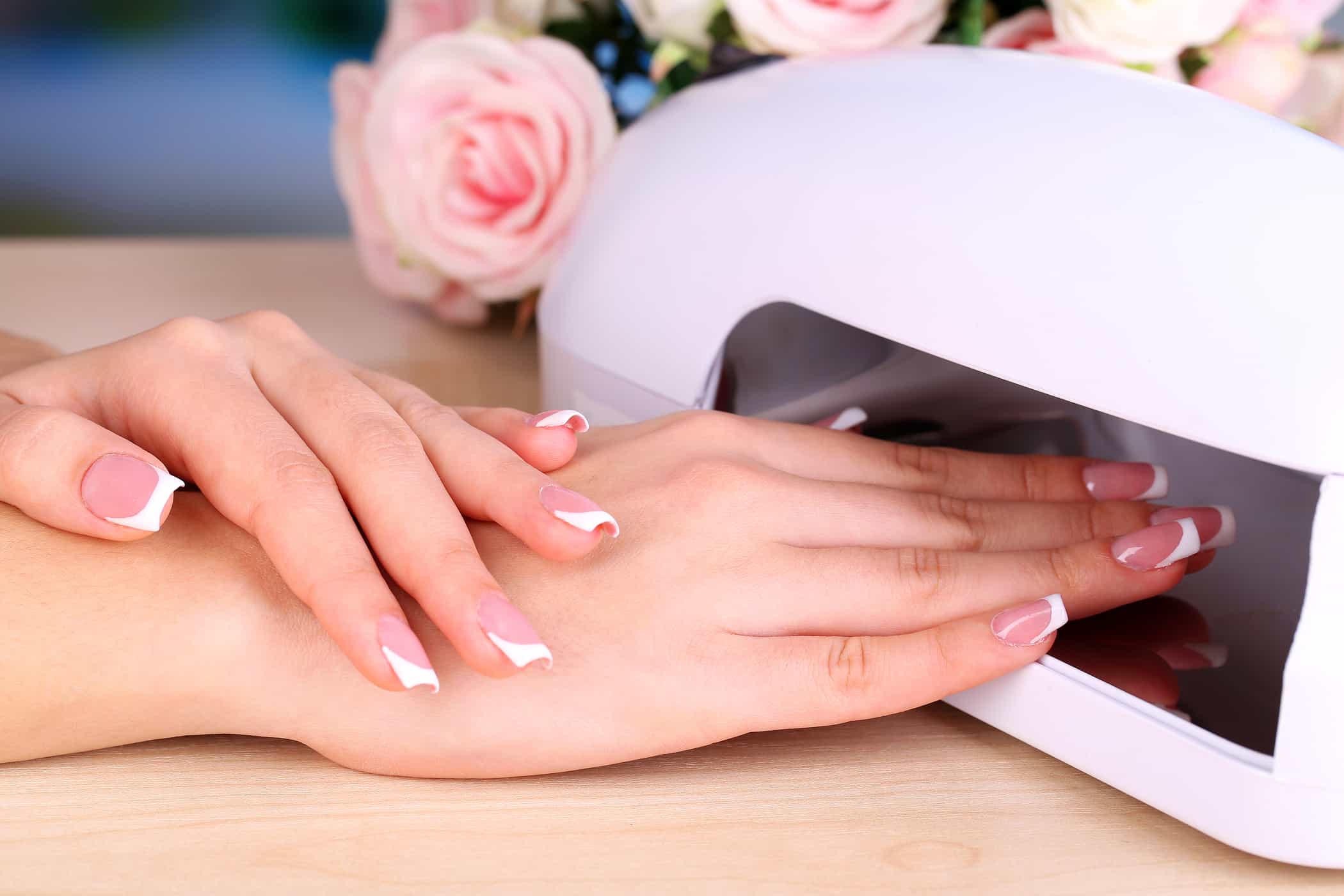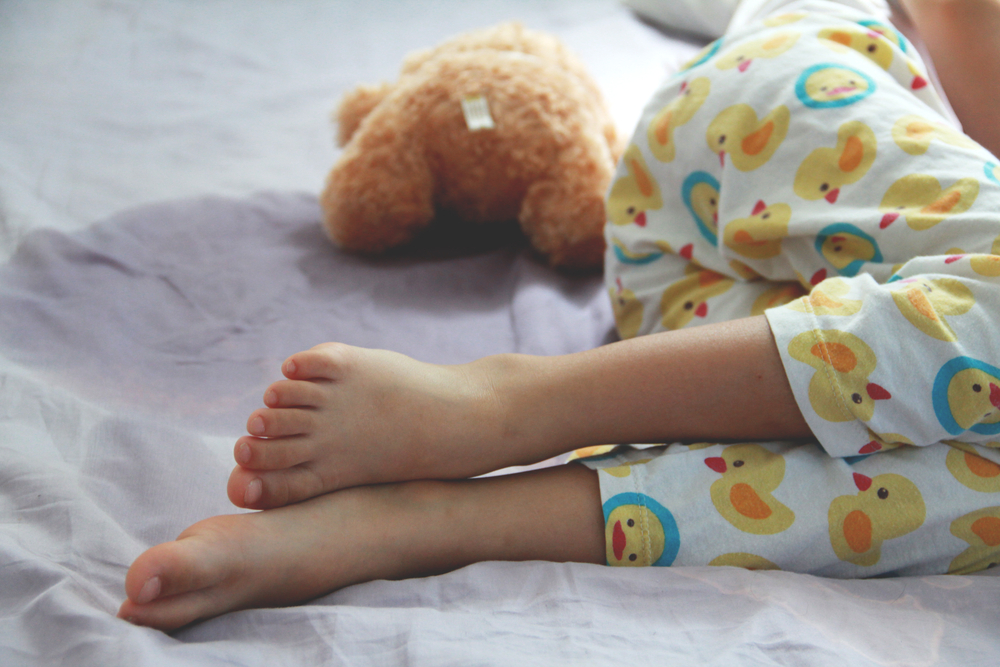Contents:
Medical Video: How to Fall Asleep Faster
Do you always find it hard to fall asleep, no matter how tired you are at work all day? Or, do you often wake up in the middle of the night and lie awake for hours, staring at the darkness of the ceiling? Insomnia is a common problem that drains your energy, mood, fitness, and ability to move for the next day. Chronic insomia can even cause serious health problems.
What is insomnia?
Someone who has insomnia feels difficult to sleep at night and / or stays asleep all night.
Insomnia is the inability to get the amount of sleep you need to wake up in the morning feeling refreshed and energetic. Because different people need different lengths of sleep, insomnia is defined by the quality of your sleep and how you feel after waking up in the morning - not the number of hours you sleep or how fast you sleep at night. Even if you spend 8 hours sleeping, if you feel sleepy and tired during the day, you may experience insomnia.
This sleep disorder also varies in how long the episode lasts and how often it occurs; short-term (acute insomnia) or long-lasting (chronic insomnia). This disorder can also come and go, even when you don't have sleep problems. Acute insomnia can last from one night to several weeks, while chronic insomnia lasts at least three nights in one week and runs for a month or more.
The various causes of insomnia that you don't expect
Many of us can remember that when we plan to sleep well, we sometimes change so we stay up late at night when we are stuck with stressful routines. However, there are a number of other causes of insomnia. Learn what causes you to wake up in the middle so you can finally get the sleep you need.
Here are some reasons you might not have noticed before:
1. You have a different sleep schedule on weekdays and weekends
Your body needs consistency. If you maintain the same sleep schedule during the workday, but are used to going to bed late during the weekend, do not expect to be able to fall asleep on time following the sleep schedule on weekdays on Sunday nights. This habit is dubbed "social jet lag" by experts, because you effectively force your body to switch between two different time zones every week.
2. You sleep too fast
Reporting from Reader’s Digest, ninety percent of insomniacs sleep too early on schedule. Even though it sounds ineffective, but staying a little longer will send a signal to the body's homeostatic system that you need more sleep. So, when you really sleep, you will fall asleep faster.
In cognitive behavioral therapy (CBT), doctors will often start from your morning wake up, then count down in the next 6-7 hours. For example, you wake up at 5:30 a.m., which means your bedtime is around 11:30. Limiting your sleep time sends a message to your body that you are more active and need sleep when you try it.
3. You don't have a bedtime routine
Often, once you feel tired after a day of activity, you tend to fall asleep immediately without any preparation to save more sleep. What we don't realize, a small routine before going to bed turns out to be useful for preparing the body to rest.
One hour before bedtime, spend the first 20 minutes to complete the 'PR' debt that must be done (for example, reply to work email, prepare clothes for tomorrow) and 20 minutes later to prepare you to sleep (wash your face, brush your teeth, change your nightgown ) For the last 20 minutes, do one thing that can calm your body and mind, such as light yoga, meditation, or reading a book while accompanied by a glass of warm milk. After 60 minutes, turn off the lights and go to sleep.
4. Drink too much coffee all day
It's no secret that caffeine keeps you awake, but many people mistakenly think that stimulants don't have any influence on them. Actually, caffeine has a half-life of up to 8-10 hours (meaning half the 'portion' of caffeine from your last cup of coffee is still left in your body system in the next 8-10 hours), so drinking too much coffee at the end of the day may accidentally inhibit rest your sleep. What's more, the body's metabolism of caffeine will slow down with age. Your body cannot process caffeine as efficiently as it was in your early 20s, so the same amount of caffeine that initially did not have any effect on your body, is now beginning to show its true effects.
5. Get out of bed when you wake up in the middle of the night
When you wake up at night, it's best to stay in bed and don't leave. If you feel relaxed and calm, it's okay to just lie down for a while waiting to fall back asleep. You can work around this by trying to count down from 100 to trigger sleepiness, rather than having to get out of bed feeling frustrated, which in the end will only refresh your body.
6. Too nervous in the middle of the night
If you wake up in the middle of the night feeling anxious and filled with hundreds of thoughts that go back and forth in your shadow, it's better to get out of bed. But, what determines how well you are resting is what you do afterwards. Stay away from things that generate body stimulation, such as checking e-mails or tweeting about your insomnia. Choose activities that you like for example knitting or continue reading your favorite exciting novels, to help minimize the anxiety that is often felt by people with insomnia.
7. Busy playing gadgets before going to bed
Remember about tips on making a simple routine before going to bed? Well, for a good night's sleep that you dreamed of, don't put your cellphone or laptop into your sleep routine. Indeed watching TV briefly before going to bed is considered to be helpful for some people, but activities involving interaction - replying to e-mail, playing FB, tweeting, or just chatting before going to bed - will prevent your brain from resting and can trigger symptoms of insomnia.
8. Too worried not to have much time to sleep
If before bed you keep watching the clock hands running, you will immediately calculate how much longer you have until you have to get up early. This will make you more anxious and anxious, while increasing the production of adrenaline and cortisol, hormones that make you alert and will interfere with your deep sleep.
9. Feel you have to sleep 8 full hours
Adults in general do not need and do not get eight hours of sleep every night.
Some people need to sleep for nine hours a night, but don't get it because they feel too long, while others include people who can sleep for only six hours, but don't feel enough. If you can wake up in the morning without an alarm and not feel lethargic then, you may have undergone the right amount of sleep for you.
10. Suffers from chronic pain
Any condition that keeps you trapped in discomfort can disturb your sleep soundly. Arthritis, low back pain, gastric acid disorders, fibromyalgia, and many other chronic aches can keep you awake at night. What's more, losing sleep can make the pain worse.
11. Effect of drugs
Various drugs are used to treat various conditions, ranging from high blood pressure, common cold and flu, to asthma can cause insomnia as a side effect. Even if you have limited coffee consumption during the day so as not to disturb your night's sleep, some drugs can contain caffeine or other stimulant substances. Various drugs are known to interfere with sleep quality, ranging from inhibiting REM sleep, blocking melatonin production, damaging natural levels enzymes or other pathways in the body. Fortunately, there are many alternative medicines that cause a little disruption to your sleep, so talk to your doctor if you are using certain drugs and complain of difficulty sleeping.
12. Mental health conditions
Underlying mental health problems can often affect a person's sleep patterns, such as clinical anxiety disorders or depression which can cause excessive anxiety and anxiety which consistently disrupts your sleep. The bad news is, if you have an anxiety disorder, worrying about sleeping patterns can make it harder for you to sleep well. In addition, some people who have depression may also sleep too much.
Some other health conditions that can affect sleep, including bipolar disorder, PTSD, panic disorder, and schizophrenia.
13. Allergy
Reporting from the Huffington Post, red and itchy eyes and clogged nasal congestion can interfere with a person's sleep quality consistently. Even about 59 percent of people who have respiratory allergies report experiencing sleep disorders due to symptoms that arise. A 2006 study showed that sleep disorders and allergies may have involvement, because people who have allergies are more than twice as likely to suffer from sleep disorders, such as insomnia. Experts say that adherence to the rules about good sleep hygiene (bedrooms that are dark, cold and calm, also away from electronics from the bedroom) and tricks to alleviate allergic symptoms (taking a shower before going to bed, changing sheets and routine pillowcases) are key sleep well with allergies.
14. Restless legs syndrome
Restless leg syndrome, aka RLS, causes an uncomfortable sensation in the legs that can be very difficult to prevent the sufferer from falling asleep. Even when this condition has been dealt with, complaints of difficulty sleeping at night still continue. The potential cause of this condition is probably due to the abnormally high level of neurotransmitters involved in increasing arousal, due to glutamate, in RLS sufferers.
15. Worms
Pinworm infection is a very common type of infection, where small pinworms will invade the intestines and multiply in them. Most people do not experience serious complications from this condition. In rare cases, intestinal worms can sometimes cause bladder tract infections in women. Pinworms can also travel from the anus to the vagina, affecting the uterus, fallopian tubes, and other pelvic organs. Vaginitis, endometrics (inflammation of the uterine wall), or other infections can also arise as a result. Large amounts of worms in the intestine can also cause stomach aches. As a result of chronic pain and discomfort, a person can experience insomnia.
READ ALSO:
- Napping in the office is not a sign of laziness. Here are the benefits
- What causes sleep while ringing teeth?
- Can pregnant women drink coffee?

